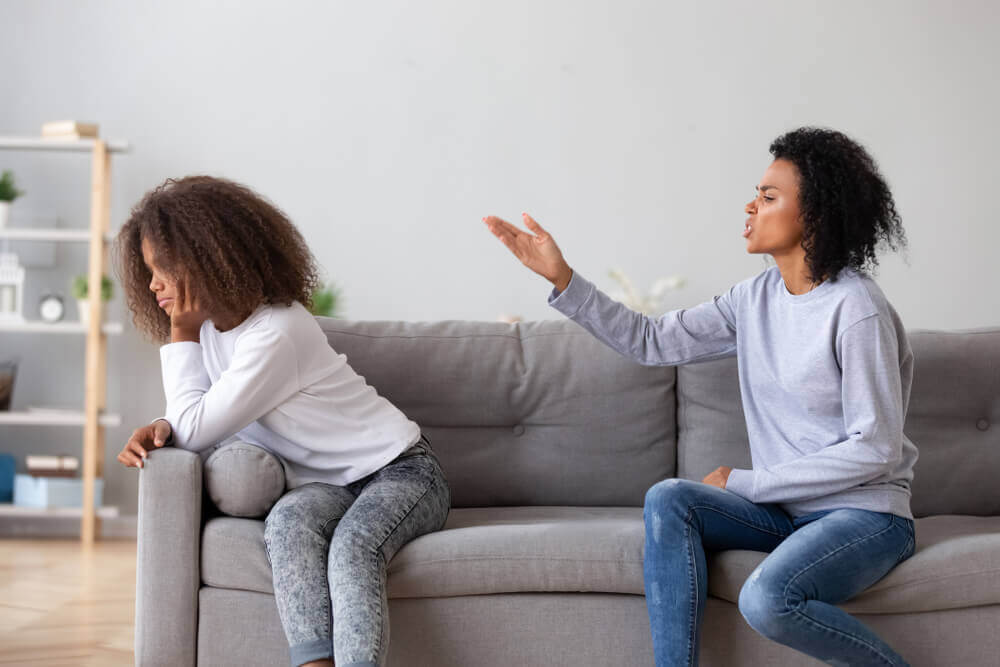How to Respond to a Teen’s Rudeness: 5 Phrases

Teenagers can be blunt, harsh, or even hurtful: “Leave me alone!”, “You’re ruining my life!”, “It’s my life—stay out of it!”
Words like these sting. And it’s only natural to want to defend yourself, reassert boundaries, or respond in kind. But when adults react emotionally, things can escalate quickly.
Imagine this: you’re sitting by a fire. Your teen throws dry branches into it, and the flames flare up. You’re holding branches, too. Will you toss them in? Or wait for the fire to die down?
In moments like this, remember—it’s not personal but more likely that they are feeling overwhelmed, and choosing not to react immediately is powerful.
Here are five phrases that can help you respond to rudeness without saying something you’ll both regret:
🗣 1. “You seem really upset. Let’s try to figure out what’s behind that.”
This doesn’t excuse the behavior, but it invites reflection, helping your teen notice what’s really going on.
🗣 2. “Sounds like something’s been building up. Want to talk about it?”
This helps shift the focus from how things are said to what’s being said—from tone to meaning.
🗣 3. “It really hurts when we talk to each other like this. Can we think of a kinder way to say it?”
A soft reminder of emotional boundaries—and a gentle invitation to reconnect, without punishment or pressure.
🗣 4. “Seems like you’re having a hard time right now. I’m here if you feel like talking.”
This shows support while still respecting their need for space. You’re present but not pushy.
🗣 5. “Maybe now isn’t the best time. Let’s come back to this when we’re both ready to talk calmly.”
You’re not walking away from the conversation—just pressing pause until it’s a better time.
These phrases work best when you stay calm, which isn’t always easy, especially when emotions run high. But it’s the adult who sets the tone. Consistency matters: staying grounded today and yelling tomorrow sends mixed signals. The fewer “branches” we throw into the fire, the sooner it fades.
Taking a pause, validating their feelings, responding with calm, and choosing respectful communication—that’s not weakness. It’s the strength of a steady adult, modeling how to manage tough emotions.
And when that happens, you’re not just avoiding conflict—you’re building trust. Together.
References:
- What to Say When Your Teen Is Rude to You. Daniel Wong-Teen Coach, YouTube 2024
Cover image: fizkes/Shutterstock
Проверьте электронный ящик



















